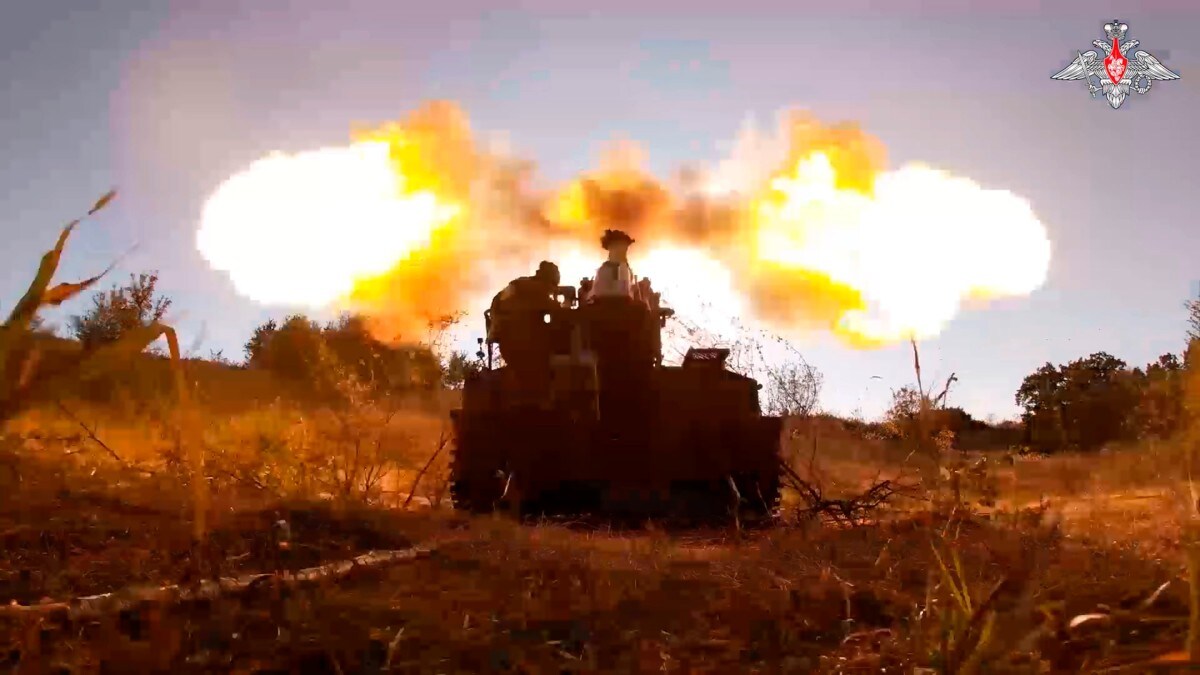
Article content The moments of international justice that followed the Holocaust, from Nuremberg to the Eichmann trial, sent a powerful message about the world’s duty to genocide survivors and the consequences that awaited the perpetrators. Did that message make it to Canadian shores? This month, Library and Archives Canada announced it would not release Part 2 of the report by the 1986 Deschênes Commission, or the Commission of Inquiry on War Criminals in Canada. The first part of the commission’s report found that alleged Nazi war criminals were living in the country .
The second part, containing the names of the alleged criminals, remains secret. Maintaining the report’s confidentiality is a staggering decision given that Canada is home to numerous genocide survivor communities. When survivors seek safety in Canada, they arrive with the understanding that this country shelters legitimate refugees, not the perpetrators of mass atrocities.
Nearly 40,000 Holocaust survivors settled in Canada after the war, and the expectation for post-Holocaust justice is in their DNA. One of these survivors, Ludwig Zabludowski, fought tirelessly to teach Canadians about the Holocaust and to bring Nazi war criminals to justice. After liberation from a sub-camp of Mauthausen, Ludwig helped fellow survivor and friend Simon Wiesenthal pursue Nazi war criminals in Linz, Austria.
Sensing Europe was on the brink of another conflict, Ludwig desperately sought refuge in any country that would accept him. Canada was the first to respond. Not long after his arrival in Montreal, Ludwig Zabludowski became Lou Zablow, and he built a new life alongside his wife and two sons.
Faced with a lack of Holocaust awareness and a growing number of neo-Nazi groups, Zablow and other survivors founded the Association of Survivors of Nazi Oppression. Together, they successfully lobbied the government to amend the Criminal Code and prohibit hate propaganda in Canada. In 1976, they founded the Montreal Holocaust Memorial Centre — now known as the Montreal Holocaust Museum — only the second such organization in North America.
In addition to the pivotal role of the Canadian Jewish Congress and other Jewish groups, they continued their activism by calling for legislation to ban Nazi war criminals, implement The Hague’s legal definition of war crimes, and adopt articles of the Genocide Convention in the Canadian Constitution. In an article entitled “A Warning to the Living” , in the 1964 edition of The Voice of Survivors magazine, Zablow is cited as expressing concerns that echo today: “Zablow is appalled by the fact that Nazism is slowly becoming whitewashed and its crimes minimized. He says that to be a former Nazi is not being looked upon as something disgusting or criminal any more.
” To explain the recent decision to withhold Part 2 of the report of the Deschênes Commission, Library and Archives Canada cited concerns about international relations and possible Russian propaganda. While worthy of careful consideration, these concerns pale in comparison to what should be concerns about justice and survivors. Many genocide survivor groups work to make Canada a better place by improving laws, educating the next generation and building bridges between communities — following in the steps of Zablow and his colleagues at the Association of Survivors of Nazi Oppression.
Part 2 of the report must be declassified, and the alleged Nazi war criminals must face legal consequences while the remaining Holocaust survivors are here to bear witness. These requests are not unique as Canada has already criminally investigated a handful of genocidaires, including a historic conviction against a perpetrator of the genocide against the Tutsi in Rwanda. Failure to act against the presence of alleged Nazi war criminals in Canada sets a dangerous precedent that not only hurts genocide survivor communities but sends a clear message to tomorrow’s genocidaires that they too can find lifelong refuge in this country.
Sarah Fogg is head of marketing, communications and PR at the Montreal Holocaust Museum..














